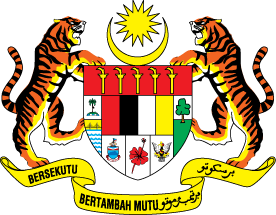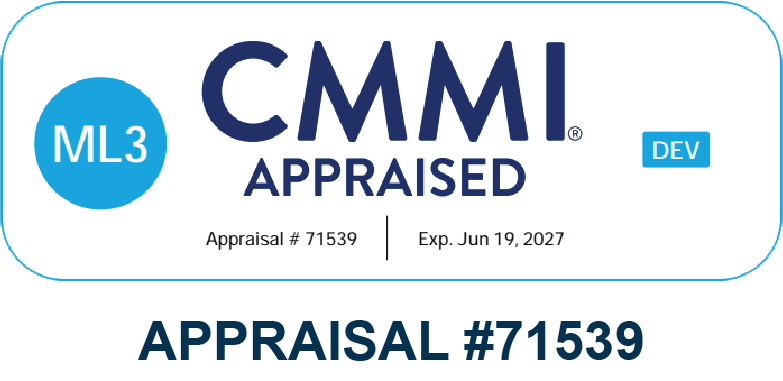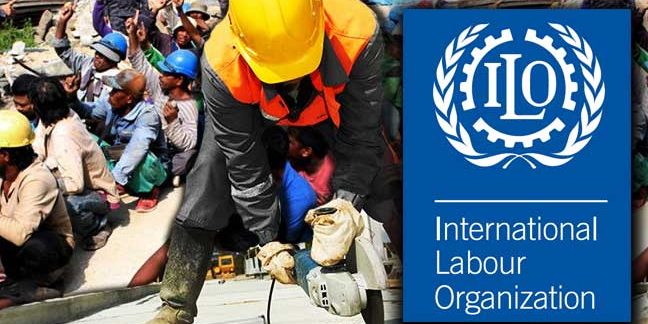The World Bank has stated that about 3% of the world’s populations live in a country where they were not born because of unprecedented global integration via trade, investment and knowledge flow. The gains for immigrants do not come at the expense of the host countries. Farmers in New Zealand to Mexico thrive thanks to the hard work of immigrant workers. People migrated because of a myriad of reasons; one is for wage gains where the common theme is a desire for a better life. This desire is realized through better employment opportunities and higher wages. Many migrants, such as low skilled economic migrants, make their choices under severely constrained conditions and limited options, taking considerable personal and financial risks.
International Labour Organizations (ILO) has been at the forefront of highlighting malpractices in recruitment processes where the primary concern is on the high migration costs i.e. high fees paid to recruiters which have the impact of the migration on the migrant worker to indebtedness and contributing to the unbalanced distribution gains from migration (Piyasari Wickramasekara and Nilim Baruah; January 2017). High recruitment costs also lead to irregular migration by deterring the migrant workers from using the legal channels or driving them to abscond from their employers when excessive recruitment fees are deducted from their wages. Based on ILO Migration Agenda in 2014, fair recruitment is adopted as one of its main pillars and is understood to mean as recruitment carried out within the law, in line with international labour standards, and with respect for human rights, without discrimination and protecting the migrant workers from abusive situations. There are many challenges to ensure fair recruitment; one of it is to combine the responsibility of both labour sending countries and receiving countries of a fair recruitment process, by harmonizing the legislation in conformity with existing international standards.
Divergences between origin and destination countries have created opportunities for unscrupulous recruitment agencies to exploit the system to their advantage. In fact, labour migration has become a business involving substantial amounts of money, often paid by the most vulnerable and unprotected categories of low-level migrant workers from developing countries. If the cost can be reduced, more money would be left in the hands of the migrants and their families and their communities’ benefits. A study by the Action Group in 2015 stated that a human rights-based approach is essential to ensure that migrant workers have real opportunities for decent work. The main challenges for the governments of the labour sending and receiving countries are to promote legal migration, regulate the labour market for labour recruiters efficiently, establish an adequate enforcement mechanism and encourage partnership between public employment services and private employment agencies, protect migrant workers from abuses and prevent unfair competition in recruitment. The recruitment process involves three components: first mile issues in labour sending countries, the migration process itself, and the last mile issues in labour receiving countries. Measures can be taken at each stage of the recruitment process include the pre-departures procedures and services, regulating labour recruiters including private employment agencies through statutory legislation, bilateral agreements (Memorandum of Understanding), reducing recruitment costs, and corruptive practises, education migrants about working conditions and rights, and supporting business to adopt and implement policy commitments.
In Bestinet, our mission is to create a holistic platform that is beneficial to all stakeholders while protecting the rights and improving the quality of life for the migrant workers and their families. We always believe that by carrying this out, the world would be fairer and more equitable. Through the years of our establishment, we have developed modules within the holistic platform which is in conformance to what ILO and the UN Sustainable Development Goals (UN SDG) have stated all along. Modules such as Bio-Recruitments, Bio-Induction and Bio-Medical System in which, if implemented in labour sending countries would resolve the challenges highlighted by ILO. We also have built a platform that complements and enhances the capabilities of the labour sending countries called Migrant Management System (MiGRAMs). Both platforms, either in labour sending and receiving countries are integrated with which the management of migrant workers be done holistically. These give benefits for all stakeholders including the migrant workers themselves.






